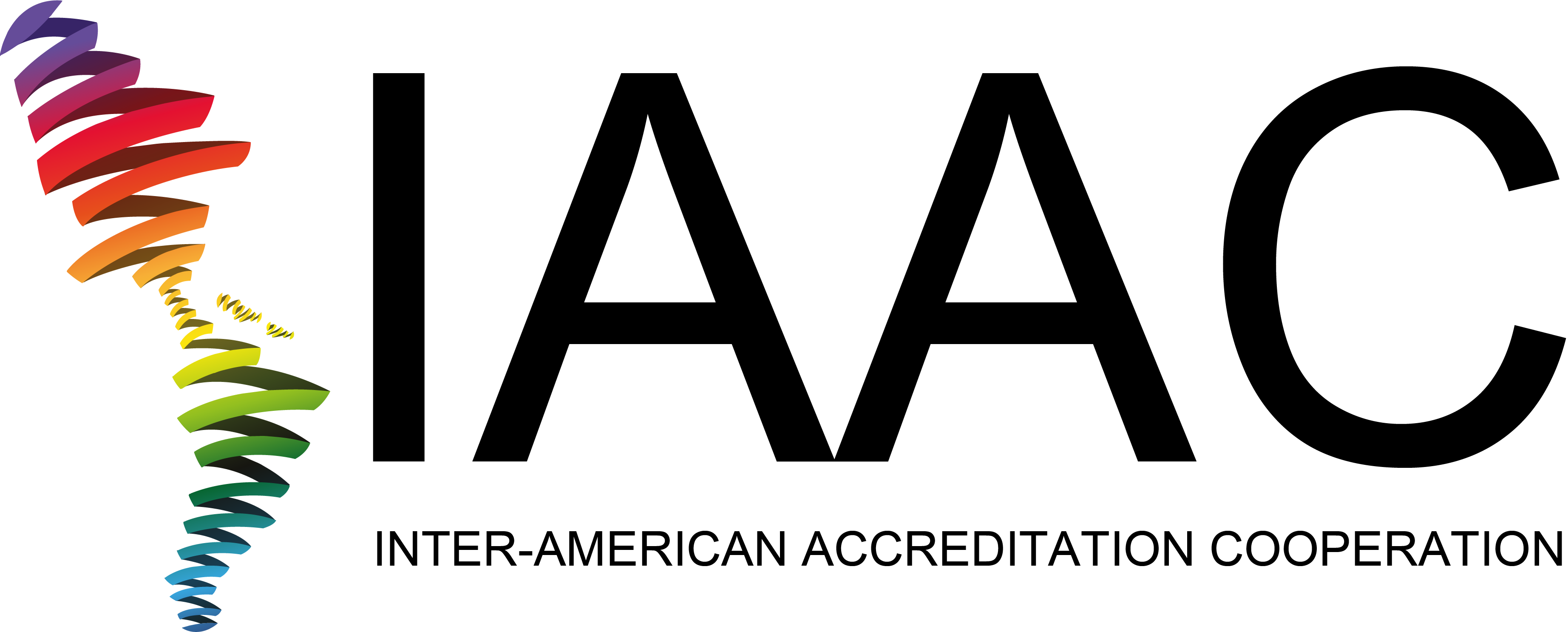Introduction
The InterAmerican Accreditation Cooperation is a regional association of accreditation bodies and other organizations interested in conformity assessment in the Americas.
IAAC’s mission is to promote cooperation among accreditation bodies and interested parties of the Americas, aiming at the development of conformity assessment structures to achieve the improvement of products, processes and services.
IAAC was created in 1996, in Montevideo, Uruguay, and was incorporated in Mexico, in 2001, as a civil association according to Mexican law.
IAAC is a non-profit organization that functions on the basis of cooperation by its members and interested parties. IAAC obtains resources from membership fees and voluntary contributions of its members. IAAC’s basic documents are the Memorandum of Understanding and Bylaws.
IAAC's main objectives are:
- To promote regional and international acceptance of accreditations granted by its members.
- To promote regional and international acceptance of conformity certificates, inspection reports, and testing and calibration results issued by conformity assessment bodies accredited by its members.
- To develop an efficient and reliable regional accreditation and conformity assessment infrastructure.
- To establish a region-wide system of multi-lateral recognition arrangements among accreditation bodies.
- To facilitate trade among the economies of the Americas through an efficient system for conformity assessment.
- To promote the equivalence of regional accreditation programs with international accreditation guidelines.
IAAC works on the following activities:
- Harmonization of accreditation programs among its members.
- Promotion and coordination of cooperation among accreditation bodies and other organizations interested in conformity assessment in the Americas.
- Management and establishment of regional multi-lateral recognition arrangements.
- Development of regional accreditation programs.
- Representation of the Americas in international accreditation and standardization fora.
- Liaison with organizations involved in industrial development and in trade facilitation and liberalization.
IAAC plays a key role in the accreditation and conformity assessment infrastructure of the Americas by:
- Evaluating and recognizing the competence of accreditation bodies in the Americas, which, in turn, evaluate and recognize the competence of certification, registration and inspection bodies, and of testing and calibration laboratories that operate in the continent.
- Providing the institutional infrastructure required for the existence of multilateral recognition arrangements among accreditation bodies of the Americas.
- Developing the technical and institutional capabilities needed to create and operate a modern, reliable and efficient conformity assessment system in the Americas.
- Providing a forum in which consensus among regional accreditation bodies may be reached on important matters related to accreditation and conformity assessment issues.
- Facilitating cooperation among member bodies.
AFFILIATION
- IAAC members are accreditation bodies that accredit testing laboratories, medical laboratories, calibration laboratories, inspection bodies, proficiency testing providers, reference materials producers, management systems certification bodies, product certification bodies, persons certification bodies, and verification/validation bodies.
- IAAC members also include other organizations involved in metrology, standards and conformity assessment.
- The IAAC Stakeholder members are conformity assessment bodies associations and accredited conformity assessment bodies that wish to participate in the development of regional programs and guidelines that influence their activities.
|
||||||||||||||||||||||||||||||||||||||||||
|
IAAC works in close cooperation with the following bodies:
|
By promoting the recognition of reliable and technically competent conformity assessment bodies, IAAC collaborates with the well-being of the inhabitants and environment of the Americas. By reducing and eliminating unnecessary technical barriers to trade in the area of conformity assessment, IAAC contributes to regional and global efforts toward liberalization and facilitation of free trade and investment. Based on the several benefits that stakeholder members have, we suggest that stakeholders consider the possibility of applying for membership in IAAC as an investment in improving their organization’s services.
